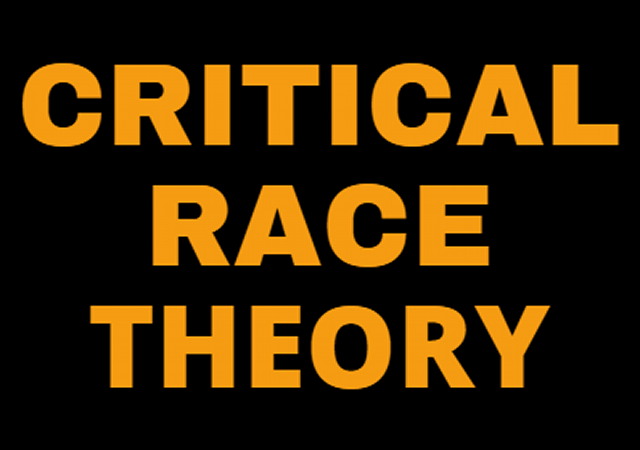Proponents of Critical Race Theory Tend to Impugn the Motives of Their Critics
“They refuse to consider the possibility that critics might have something to add to the discussion.”

The way Julian Adorney sees it, this is one of CRT’s greatest flaws.
He writes at Quillette:
Critical Race Theory Has a Scholarship Problem
Critical Race Theory has a scholarship problem. Many of its most prominent academics impugn the motives of anyone who disagrees with them. They refuse to consider the possibility that critics might have something to add to the discussion.
In Critical Race Theory: An Introduction, Richard Delgado (one of the founders of CRT) and Jean Stefancic characterize opposition to CRT this way: “As Thomas Kuhn has shown, paradigms resist change. It should come as no surprise, then, that critical race theory, which seeks to change the reigning paradigm of civil rights thought, has sparked stubborn resistance.” This characterization serves to dismiss their critics; rather than admitting that critics might have ideas worth grappling with, the authors write them off as simply resistant to improving our civil rights.
In a chapter titled “Critiques and Responses to Criticism,” Delgado and Stefancic list only two criticisms of CRT that come from outside the movement. One questions CRT’s univariate analysis, and the other questions CRT’s assumption that minorities cannot succeed in light of the success in America of Jews and Asians. Each of these two criticisms—the sum total of all of the external critiques that Delgado and Stefancic would admit to or grapple with—elicited a paltry one-paragraph response. The first response asserted that the critic in question had performed an “unsympathetic reading” of CRT texts. The second said that CRT wasn’t racist against Jews and Asians (no, really).
Robin DiAngelo, perhaps the best-known Critical Race Theorist (or Crit, as they call themselves) today owing to the blockbuster success of White Fragility, takes this refusal to engage with critics to new lows. In White Fragility, she takes to task “white people who think they are not racist, or are less racist, or are in the ‘choir,’ or already ‘get it’” (that is, white people who disagree with the thesis of her book that we’re all unavoidably racist). These people, she asserts, “cause the most daily damage to people of color.” That is, if you disagree with DiAngelo’s argument, you’re part of the group that (at least according to her) does more daily damage to black Americans than the KKK.
 DONATE
DONATE
Donations tax deductible
to the full extent allowed by law.









Comments
Her theory only works if the majority of white supremacists are blck. Being a white supremacist is a pretty good gig these days because you have black people doing most of your work, and the balance is picked up by “well intentioned” white liberals.
DiAngelo’s entire body of scholarship is nothing more than the application of the “denial” fallacy to all objections. At least when Pee Wee Herman did it, it was funny, if only to children.
CRT has become a religion. Any criticisms are therefore the work of heretics or infidels.
Critical Racist Training teaches minorities, especially blacks, that whites hate them and are solely responsible for all the negative things that happen to them in their lives. This effectively teaches them that they are justified in being racist themselves, sometimes violently, against whites.
This cannot be defended on the merits, so of course they attack the motives of the critics in the hope that the critics will just shut up and go away. They don’t want to have to defend it.
The White race is not responsible for the black communities failures.